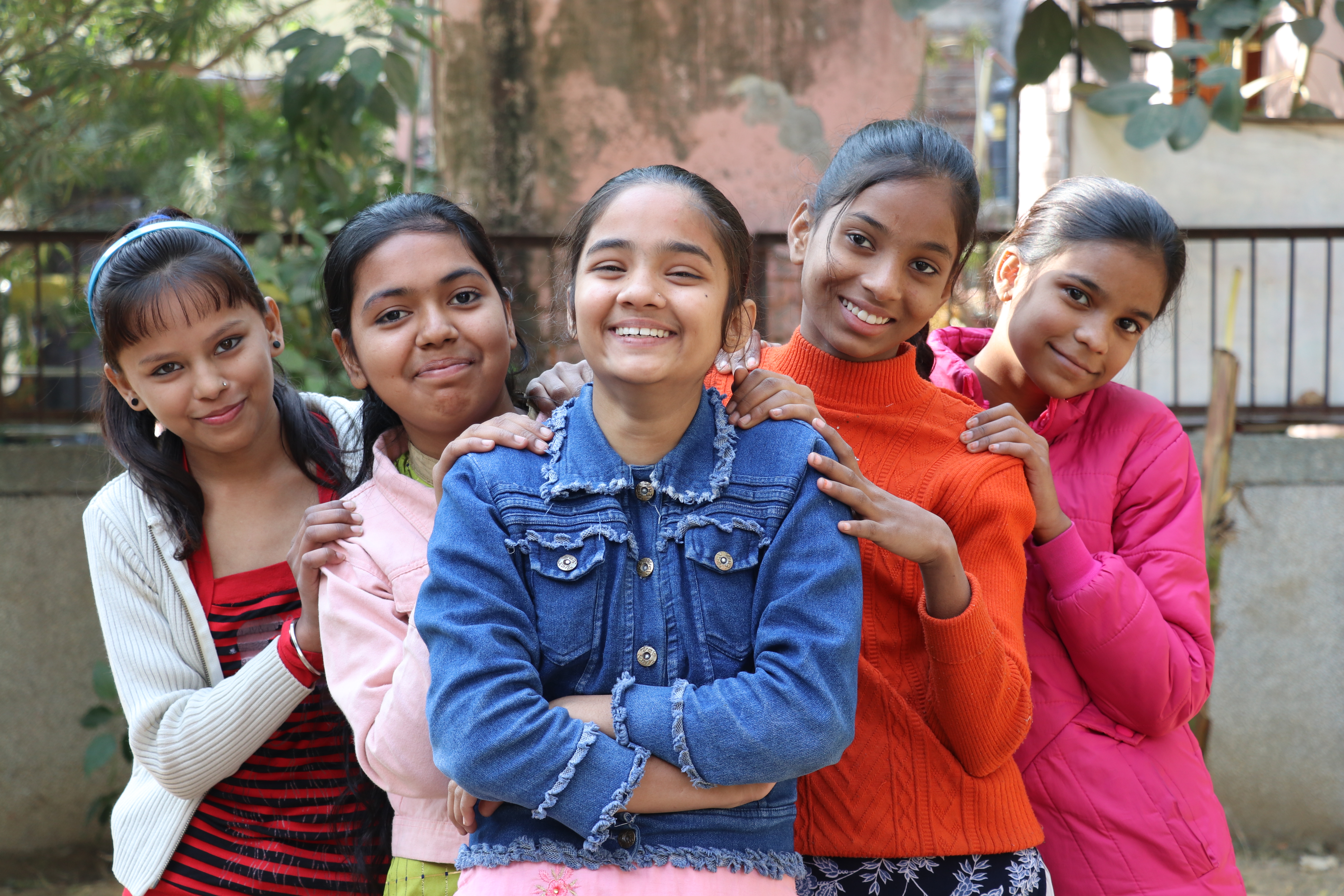Discover how our Futures For Youth programme is getting support where it’s needed faster
The phrase, ‘flexible funding’ certainly makes sirens sound in the charity sector. Essentially meaning a donation is made without a requirement to spend it on a specific project area, it can seem that these funds are a get out of jail free card for charities who want or need to spend money on areas that don’t directly impact activities and change lives. Although there isn’t quite enough space to write a book about it here, there are many reasons why flexible funding shouldn’t be judged by its cover.
Charities, and the sectors surrounding them, have histories with colonialist ways of fundraising. Deciding what programme participants need based on what our societies have told us to believe instead of asking them, or letting those we work with be seen as dependent or without freedom are both habits fixed funds can encourage – removing opportunities for future-focussed change. Choice ensures these opportunities stay open. With more flexibility than ever before, Futures for Youth leaves space for choice and allows us to support work how and where it should be, as quickly as possible.
Flexible fundraising allows us to
- immediately, and authentically, integrate into the communities we work in.
- involve the next generation – the right way.
- making sure we know how, when and where to spend money on overheads.
So, we know that flexible funding means donations can be spent where they can have the greatest impact, but what does this mean in practice?
-
- Flexible fundraising lows us to immediately, and authentically, integrate into the communities we work in.
Our main priority will always be providing the best programming possible, but through a modern and decolonising lens, this looks different. It looks like investing money into safeguarding, consulting local experts, and creating safe spaces alongside community members with their input. In the coinciding ages of the pandemic and climate crisis, bespoke programming is key. We need funding that can be moved easily enough to create such environments, not funding constrained by conditions created in an entirely different, often biased context, which doesn’t meet the needs of local people.
-
- It means we can involve the next generation – the right way.
Each new generation has a new set of social issues to contend with, so we shouldn’t be using techniques from the last one to deal with them. Whether this be equipping youth with toolkits to combat evolving problems like online misogyny or using our platform to get their ideas to legislators, for equality to be achieved, we need to not only work with younger generations, but also work with them on their terms. Restricted funding cannot give this group a space where these conditions are listened to and acted on.
-
- Making sure we know how, when and where to spend money on overheads.
When done correctly, overheads can be the key to a door otherwise locked – take fundraising and marketing for instance. Often thought of as expenses which sacrifice revenue in favour of vanity, taking the time to better understand and cater to audiences means we can evolve and expand. The intersectional and anti-racist values we promote are unfortunately still outside of societal norms, but with smart investment in fundraising and marketing, little by little, this will change.
This is neither a book nor a cover, but we thought a summary would still be appropriate.… Flexible funding is our future, and our friend.







